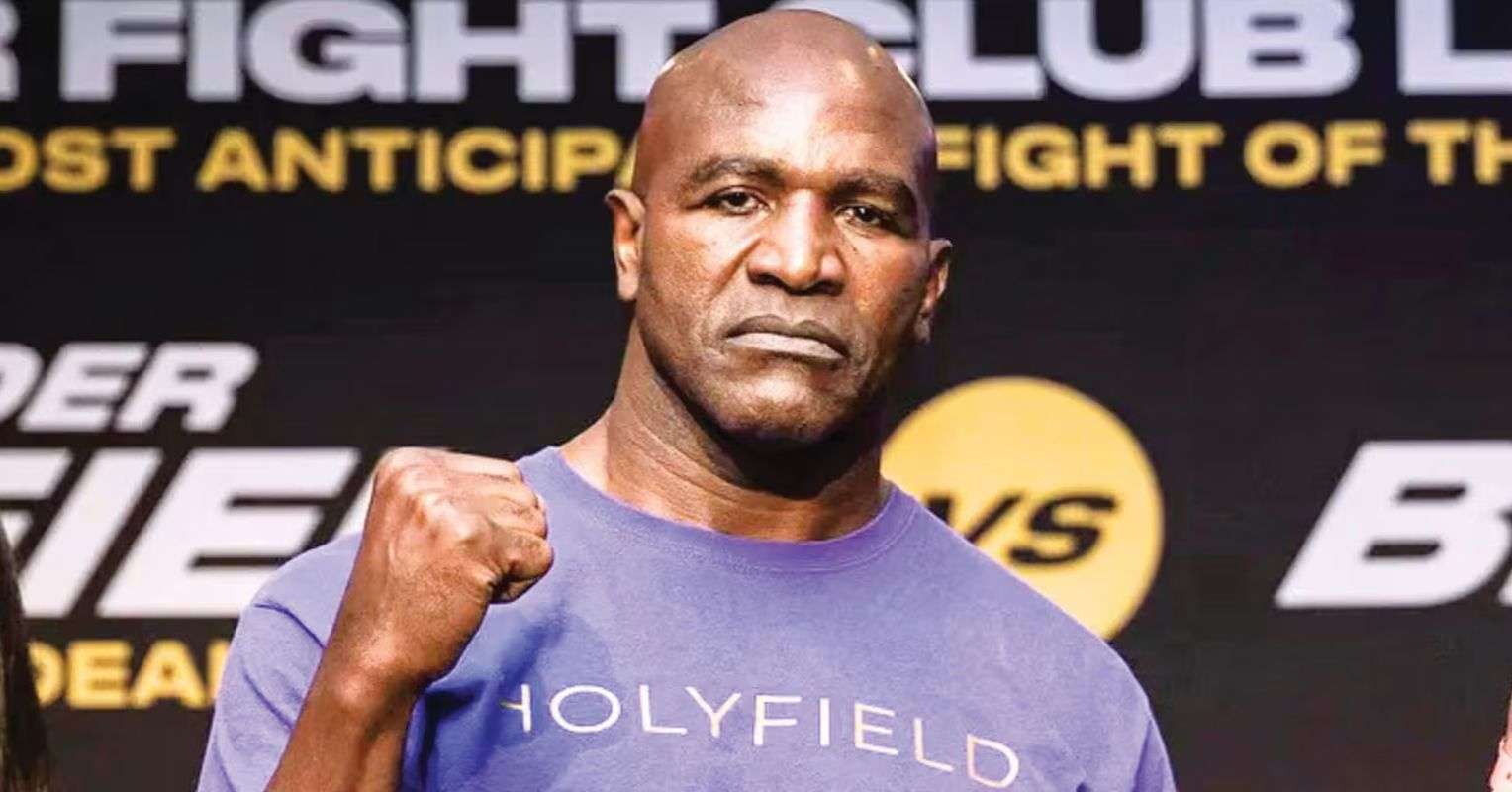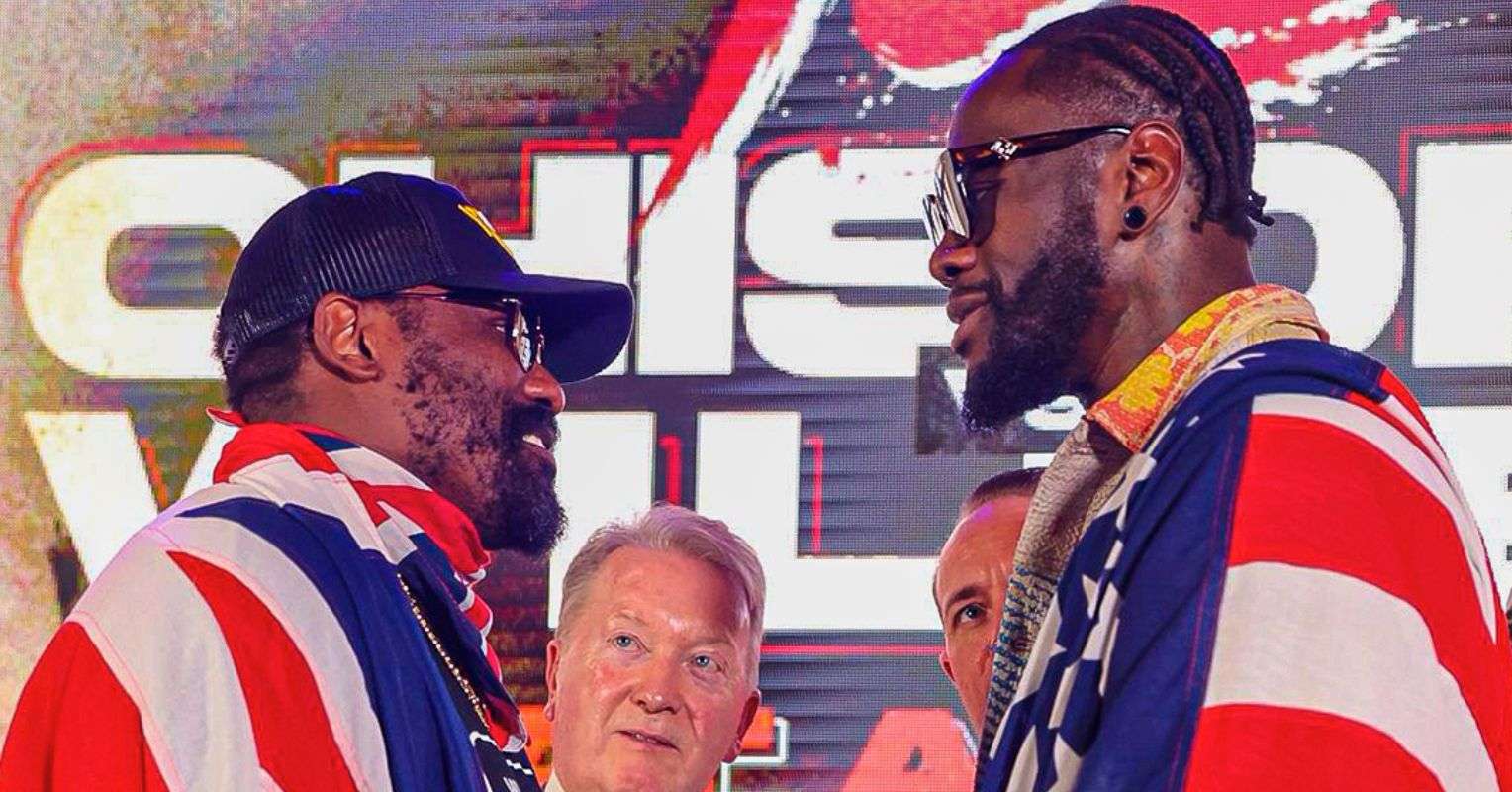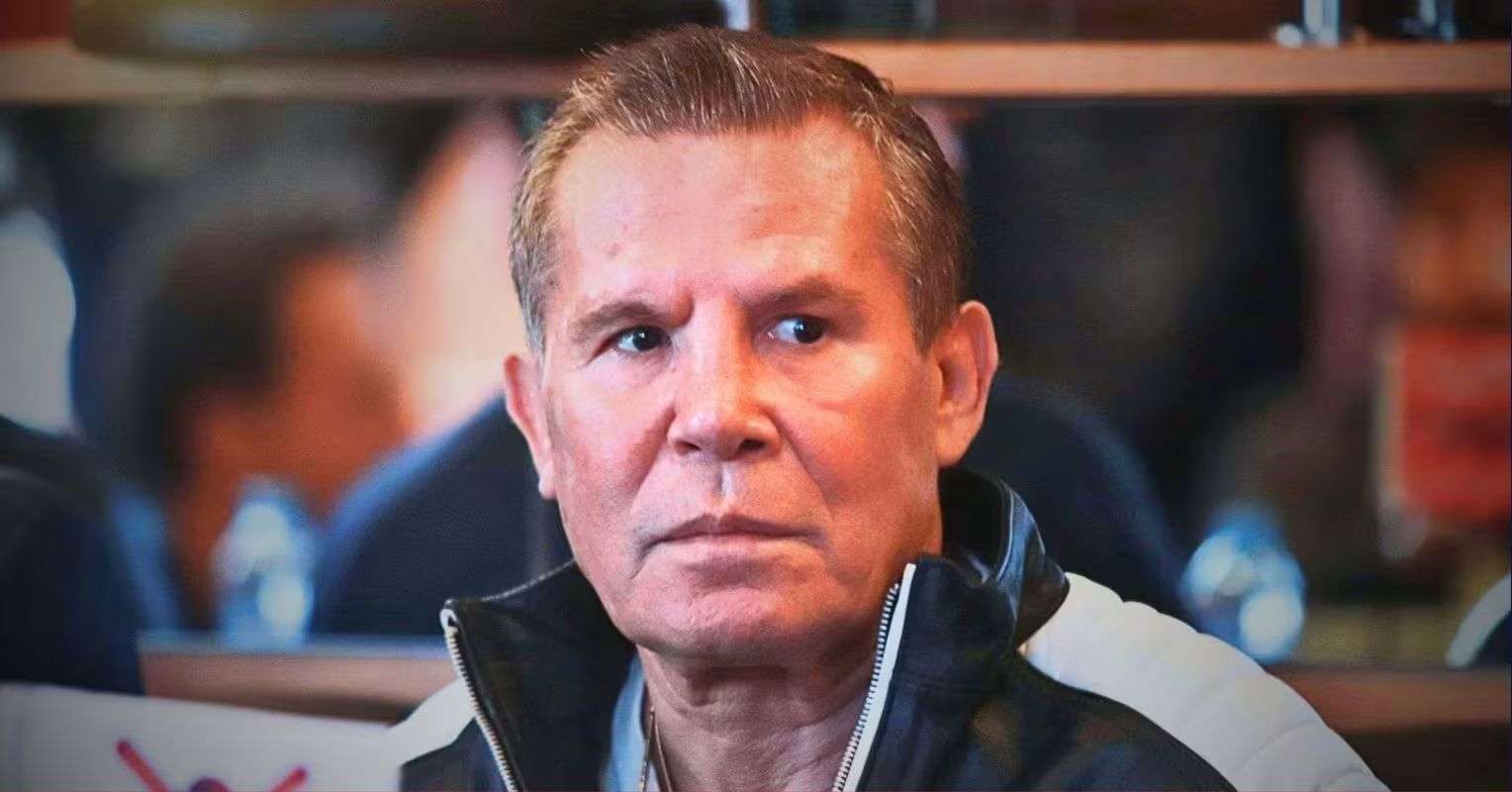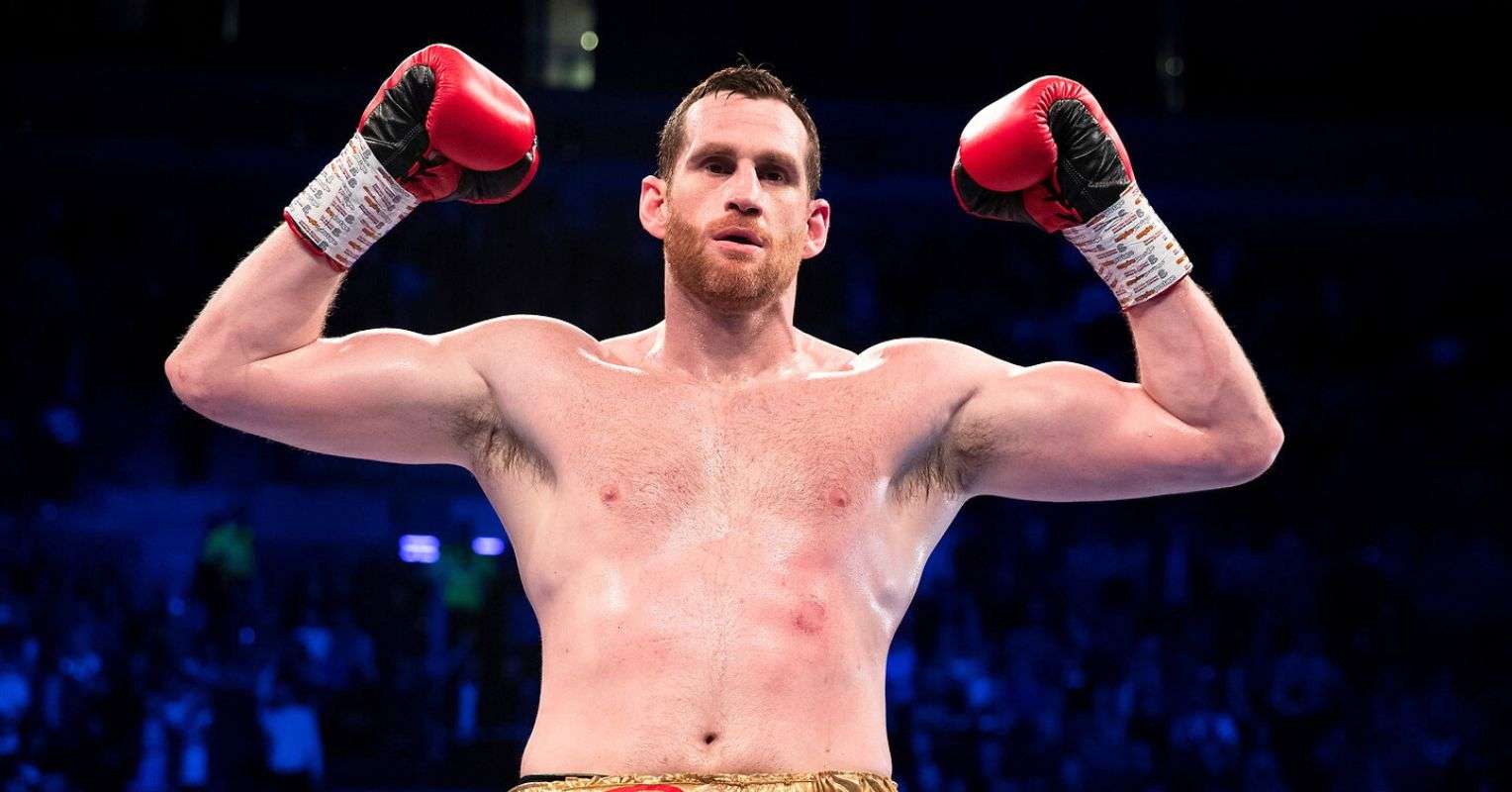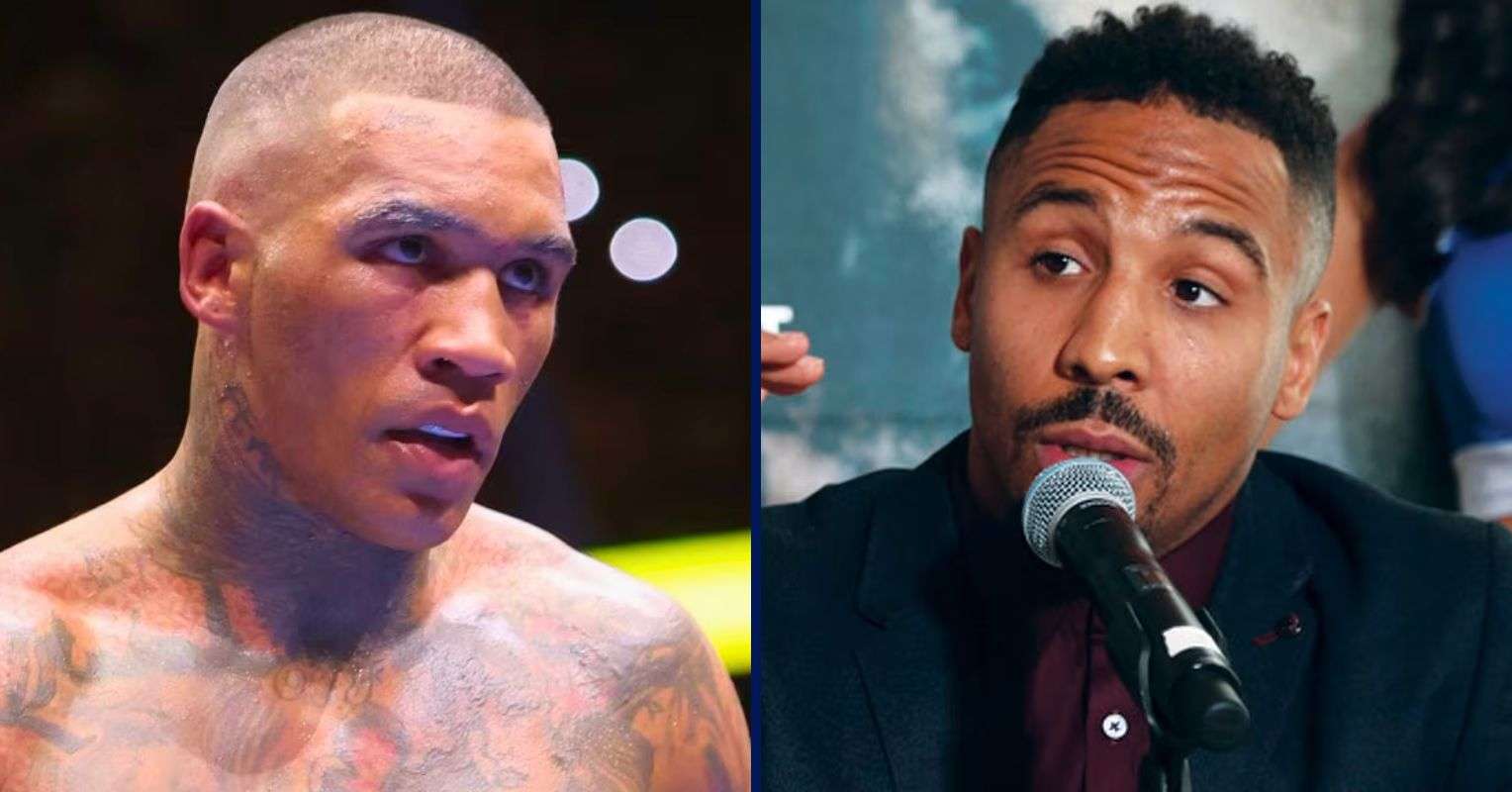A two-weight world champion believed Evander Holyfield isn’t as great as he is made out to be by the boxing community.
Holyfield, who is known as ‘The Real Deal’, is widely considered to be one of the greatest fighters to have ever graced the sport, etching his name into the boxing history books on more than one occasion during his 27-year career.
He would become the first fighter in the history of the sport to win the undisputed championship at both cruiserweight and heavyweight, a feat he achieved back in 1990 when he stopped James ‘Buster’ Douglas in the third round of their Las Vegas showdown.
Holyfield racked up a number of legacy defining victories before his career came to an end in 2011, defeating the likes of Mike Tyson, George Foreman, Riddick Bowe and Larry Homes to name just a few.
Despite the achievements of ‘The Real Deal’, it was suggested by Hall of Fame inductee Dwight Muhammad Qawi that Holyfield isn’t quite as great as many fans and analysts believe he is.
In an interview with Boxing Scene, the late, great Qawi, who suffered two defeats to the two-weight undisputed champion, claimed that he believes there was reason to believe that Holyfield – a “cheater” in his book – had taken performance enhancing drugs during the peak of his career.
“When I saw the article [on potential PED use], it just connected the dots for me. It gave me confirmation. I believe it’s more than a rumor now, I’ve said this from day one. Ask anyone who knows me. I believe he’s [Holyfield] on steroids. My trainer Wesley Mouzon said to me after the fourth round, ‘Dwight, they gave him [Holyfield] something in the corner, and then after that, something changed.”
“The thing that gets me is the way he portrayed himself as a man of God. I’m okay with me. But if I lived a double-life, I couldn’t be okay with me. I say ‘To thyself be true.’ Shortcomings are one thing, trickery and deception are another.”
Holyfield faced Qawi for the first time back in July of 1986, defeating his countryman via split decision to capture the WBA world cruiserweight title at the Omni Coliseum in Atlanta, Georgia.
Their second encounter, which took place just over one year later, saw ‘The Real Deal’ defeat Qawi once again as he stopped him in the fourth round of their bout in Atlantic City to retain his unified WBA and IBF cruiserweight titles for the second time.
The defeats had a profound effect on Qawi, who said that he struggled to deal with the aftermath and, paired with other issues outside of the ropes, spiralled downards.
“I was so depressed and puzzled after the fight. I feel like a victim now. That was a pivotal point in my career. I was making my comeback. But that [fight] was it. I felt like there were no more chances for me. So I began to self-medicate. The depression set in and it was tough for me to manage.”
Qawi fought on, ultimately retiring in 1998 with a record of 41 wins, 11 losses and one draw.
Holyfield has long faced questions over possible performance-enhancing drug use, most notably after a 2007 investigation linked a customer named “Evan Fields” – sharing Holyfield’s birth date and address – to purchases of testosterone and human growth hormone.
Although the phone number tied to that account reportedly reached Holyfield directly, the he has consistently denied ever using PEDs, insisting the name was misused and pointing out that he never failed a drug test.
